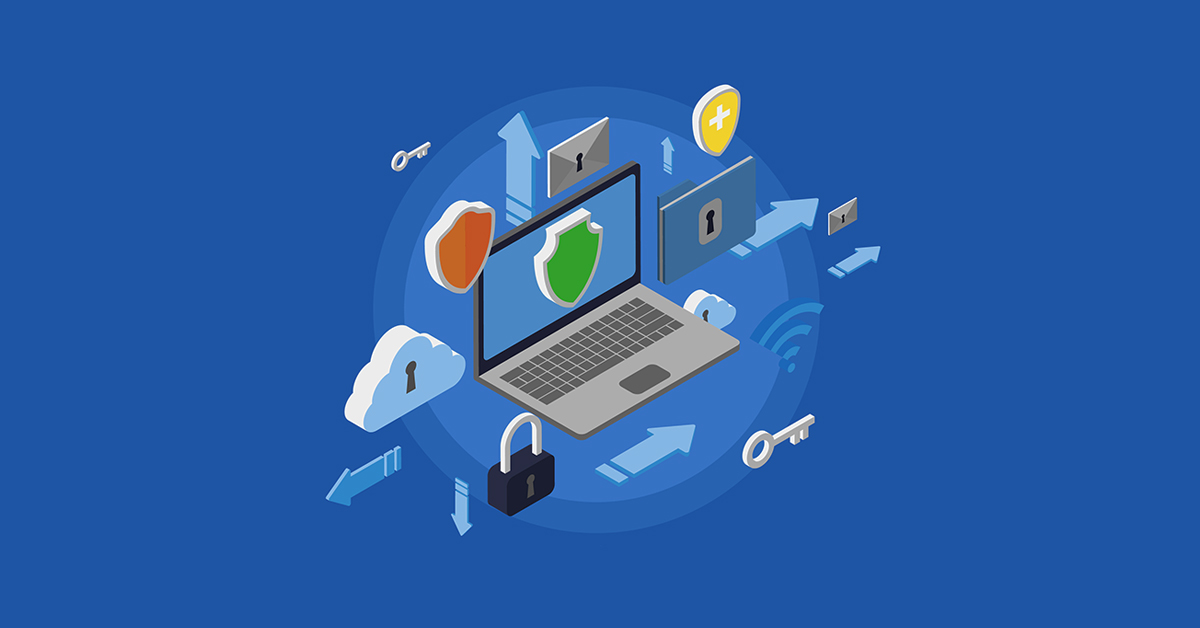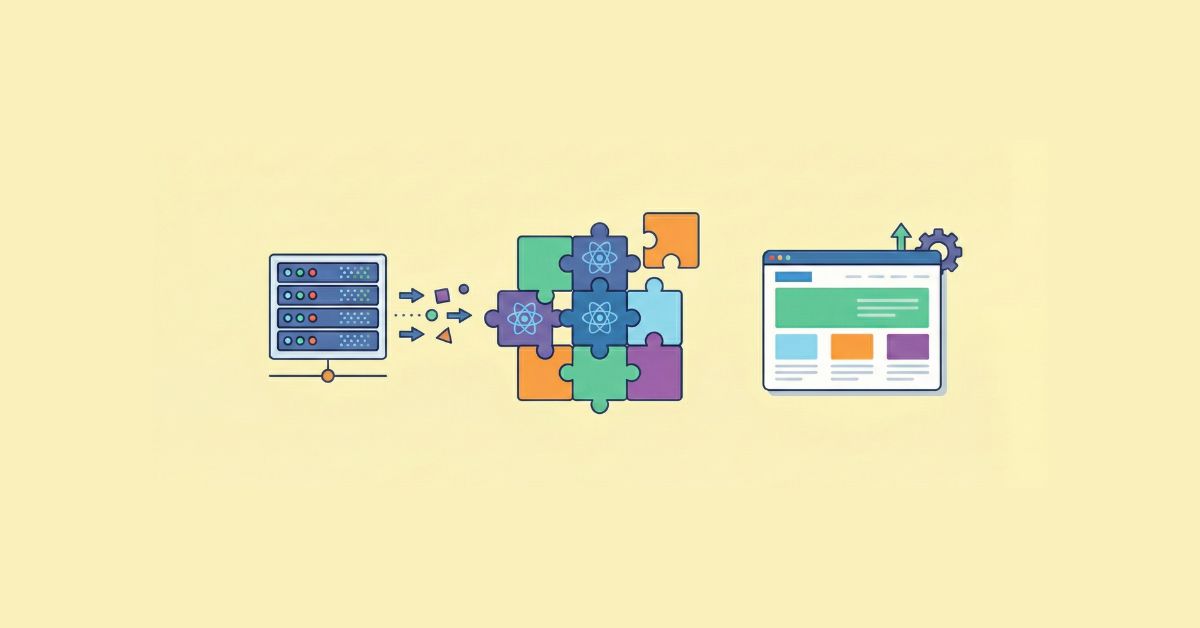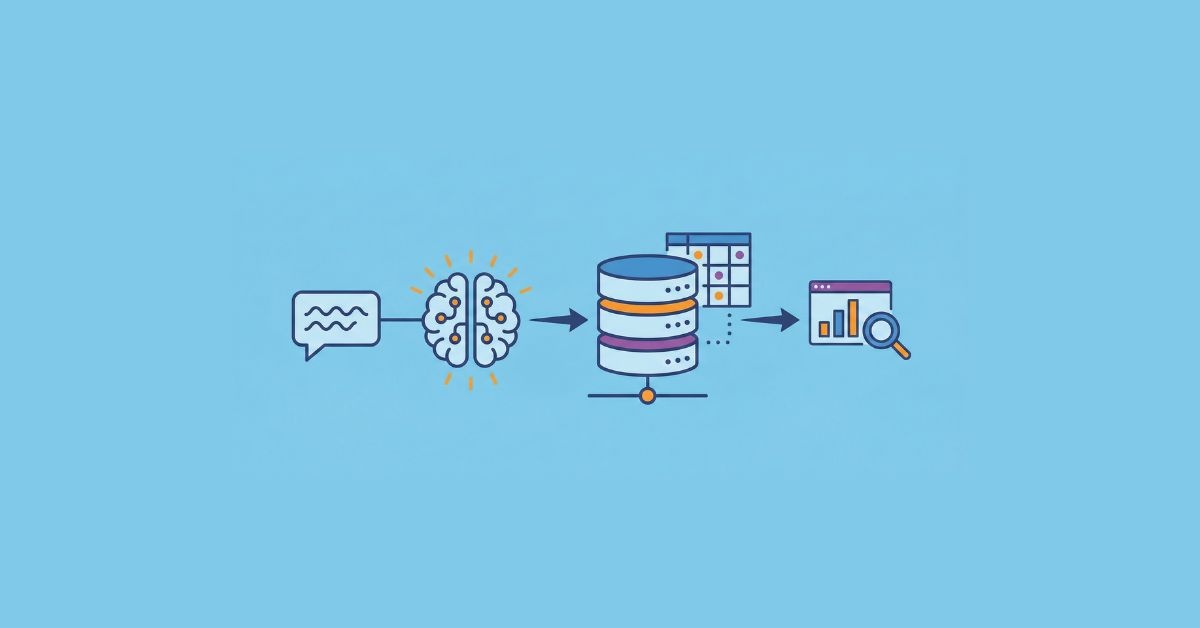The world we live in has become determined by data. Because of the immense usage of technology by consumers, there is an overflow of data. The danger of this overflow is that there can this data can be misused by the wrong people. Hence, there must be a set of ethics for organizations to follow.
So, let’s understand everything we need about digital ethics and privacy: what you need to know in 2024!
What is Digital Ethics?
Digital ethics is involved with understanding the way technology will be shaping our political, social, and moral existence. In simple words, it deals with the impact of technology on society and the environment at large.
However, with digital ethics, there are fundamental concerns in relation to the ethical assessment of things that have not yet happened. A lot of concerns with digital ethics are related to the future and studying impacts that have not occurred.
Hence, digital ethics is involved with studying the various variables that can harm human life. There is an immense need for transparency within digital ethics, to ensure people that their data is safe and protected. However, an important aspect that digital ethics is concerned with is the data privacy concerns.
What Are The Data Privacy Concerns?
In 2024, one of the most important issues that businesses face is data privacy. Due to the volume of data that organizations and technology are processing, personal information has almost become a commodity. Hence, it is essential to protect it and ensure that consumer data and your business’s sensitive information are protected.
As you might know, most businesses face a data privacy concern every day. The smallest and simplest of actions can cause a great loss to your organization. Your employee using the internet through the company’s computers can make it susceptible to attacks. Moreover, your company’s information is at risk as well. Several such concerns are associated with data. Digital ethics would greatly impact the storage, use, and distribution of donor data. The main element is that morality—what an organization ought to do as opposed to what it can accomplish—is at the heart of digital ethics.
Let us understand some of the concerns with data privacy;
1. Data Trading
Data trading is one of the most pressing concerns in the digital sector. Data trading is a simple manner of referring to data theft. It includes information theft and unauthorized access by third parties, the selling of data to other parties, and the selling of data again and again until pertinent leaks are fixed.
Protecting your data from unauthorized entities and its potential sale to third parties should be one of the main focuses of your data privacy plan. This is because if traders have access to your sensitive information, then they can potentially commit multiple crimes and get away with it. This includes identity theft, data hostaging, and targeted advertising.
These are some of the many issues that are a concern with data privacy. Moreover, they can significantly affect your business and your customer’s lives.
2. Additional Devices
While your business may be well protected in terms of data, you must consider the potential dangers that additional devices can cause. Despite being provided with work laptops and mobile phones, due to an emergency or the other, many employees access their work through personal devices. The more data your company has, the higher the likelihood of attacks. Hence, your business must encourage the usage of employment-provided devices and access to company information. The usage of company devices is much safer as compared to using a personal smartphone, tablet, or computer.
However, in order to do so, you must provide certain devices to employees as part of your data privacy plan. This includes smartphones, tablets and laptops. An organization can even provide portable hotspots for remote Wi-Fi access and hardware to access the company server. This can help reduce the risk of data hacks through personal usage.
3. Data hoarding
Similar to how hoarding unwanted items in your house is bad, hoarding data in your computer and database is equally bad, if not worse. Saving unnecessary data or documents that are no longer important is redundant and harmful. Hence, if your organization is saving digital documents unnecessarily, then it is time to clean it out. In order to prevent any privacy issues from arising, it is essential to dispose of any redundant or outdated files from your server or cloud. There are three files in particular that you must focus on. They are duplicate files, outdated or unused program files, and non-financial documents that are dated more than 10 years.
Digital copies, while useful, can be essentially dangerous. If the information is important, then you can create their hard copies before you delete them.
Data Privacy Experts are available to assist you. Tell us how we can support you.
Conclusion
Data privacy issues are rising daily, and it is your responsibility as a business to protect your and your client’s data. Data privacy can impact and endanger a business’s confidential information, its financial details, and even a consumer’s privacy.
In order for you to protect yourself against such attacks, you must create a privacy program. You need to develop a plan that will cater to your business goals while providing you with a protected server. However, in the case of a lack of a plan, ensure that you avoid taking any steps that might potentially endanger your business and it’s working. By recognizing the challenges in digital ethics and data privacy, you can help create a digital landscape that would align with your goals and respect the privacy of users.







